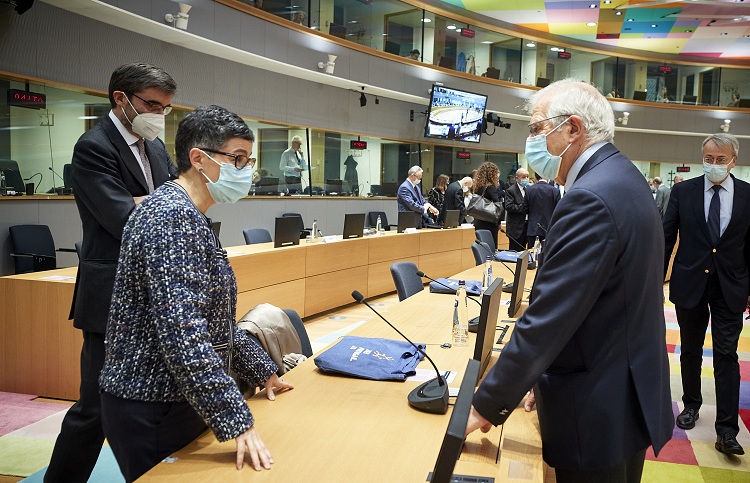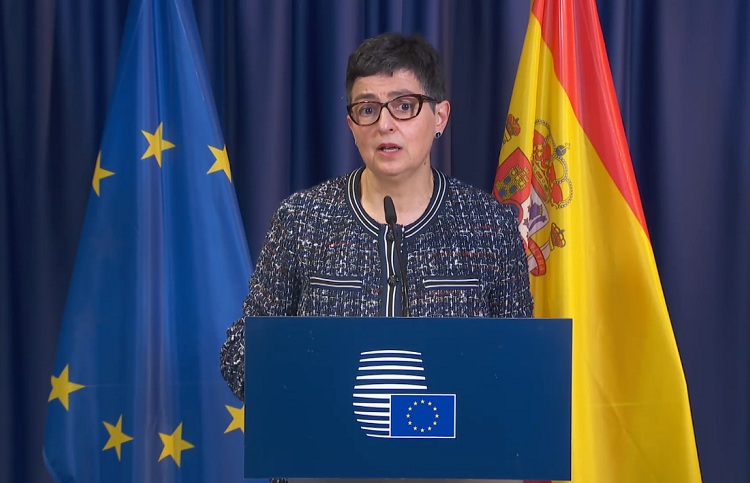Eduardo González
The Foreign Affairs Council of the European Union approved yesterday in Brussels the imposition of “restrictive measures” against those “responsible for the arrest, conviction and persecution” of Russian opposition figure Alexei Navalni, for which it will make use, for the first time, of the Global Human Rights Regime approved last December by the Council of the EU.
“In response to the events around the situation of Mr. Navalny we reached a political agreement to impose restrictive measures against those responsible for his arrest, sentencing and persecution”, said EU High Representative for Foreign and Security Policy Josep Borrell at the end of the meeting.
“For the first time ever we will make use of the EU Global Human Rights Regime to this end”, he added, referring to the mechanism created by the EU Council on 7 December to apply sanctions against persons, entities or bodies, including state and non-state actors, who are responsible for, involved or complicit in serious human rights violations or abuses around the world, regardless of where they have occurred.
In this respect, the Minister of Foreign Affairs, Arancha González Laya, stated at the press conference following the meeting that the 27 Member States showed “unanimous and very strong support” both for Borrell’s visit to Moscow at the beginning of February and “for the conclusions of his visit”, which revealed that “the relationship between the EU and Russia is deteriorating, just as the internal situation in Russia is also deteriorating”.
“There has been support from all the Member States for the imposition of sanctions, whose individuals have yet to be determined”, continued the minister, who specified that yesterday’s meeting was “a first discussion before a discussion dedicated to Russia, which we will have in March, and the discussion that the heads of state and government will have at the European Council in March with regard to Russia”. Details on sanctions, she added, would be known “in a matter of weeks, not months”.
During the Brussels meeting, the foreign ministers of the 27 member states also agreed that “Russia was drifting towards an authoritarian state and away from Europe”, reaffirmed their “unity of intent” towards Moscow and discussed how future relations between the EU and Russia will develop on the basis of several “guiding principles”, including the “pushing back on infringements of international law and human rights” and “containing disinformation and cyberattacks”.
Disinformation
On this last point, González Laya stated that the Member States had expressed their concern about “Russia’s attempts to divide the EU Member States” and that during the Council meeting there had been “an interesting exchange on the number of fakes news and disinformation that had been generated in recent weeks since the visit of the High Representative to Moscow, false news stories in which Spain and its alleged human rights violations were often mentioned”.
“All of this has been listed by the European centre that is responsible for registering all the fake news generated around the EU” – the East Stratcom Working Group, attached to the European External Action Service (EEAS) – “and the truth is that the volume is quite thick”, she continued. “I recommend reading it, because it gives us an idea of the activities to destabilise the EU through disinformation and fake news”, she concluded.







